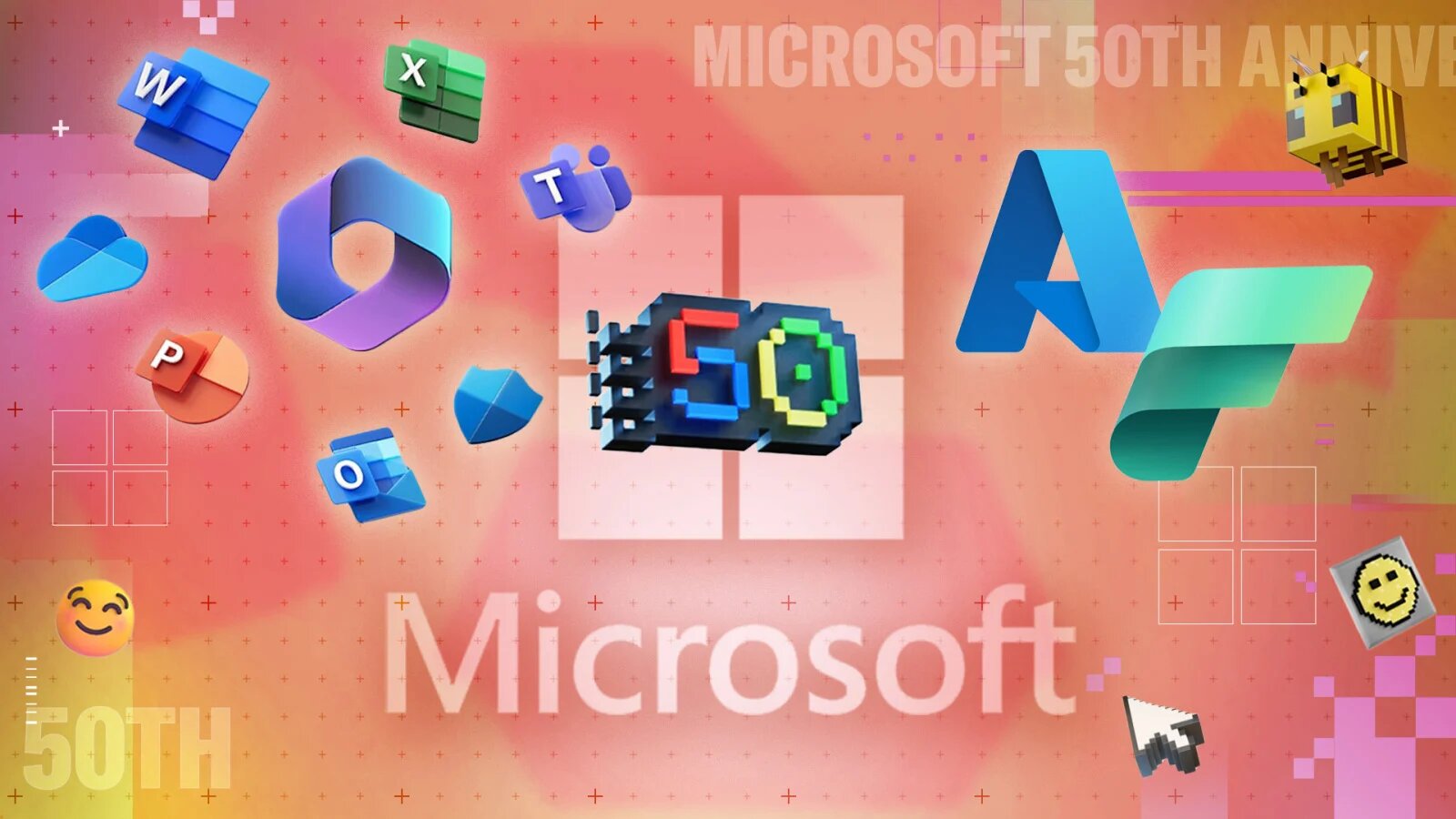As Microsoft reaches its 50th anniversary, the company’s roadmap for 2025 reflects a clear transition from developing its traditional Office products to investing heavily in artificial intelligence. Classic applications like Word, Excel, PowerPoint, and Outlook are seeing few core updates, while AI-based Copilots and agents are being integrated across nearly all of Microsoft’s software platforms.
In Microsoft 365, the roadmap lists over 800 features in progress or rolling out. However, most of the significant additions center on Copilots—AI assistants that help users complete tasks—and agents, which are designed to perform tasks independently. Python integration in Excel is one of the few major updates to existing Office tools, while most changes focus on AI-related features. For example, Copilots will allow users to generate PowerPoint slides from PDFs, summarize inboxes in Outlook, and use Word documents to create presentations.
Newer tools such as Purview and Viva are receiving more updates than the older Office products. Purview, which handles data governance, has 191 features in development, while Viva, Microsoft’s employee-experience platform, has nearly 100. Microsoft Teams also continues to expand, with upcoming features including live transcription, better device support in Teams Rooms, and integration with Outlook notes.
On the Azure side, development is slower. Although Azure remains central to Microsoft’s cloud services, only 123 new features are listed as in progress, and many have been on the roadmap for over a year. This reflects Azure’s relative maturity. Many updates relate to infrastructure-as-a-service (IaaS) and platform-as-a-service (PaaS), with fewer changes to newer services like Power BI or Fabric, which are tracked separately. AI updates for Azure, including Copilot for Security, are currently in preview.
Fabric and Power BI, Microsoft’s analytics and business intelligence tools, are seeing more innovation related to AI. New Copilots will let users query data using natural language, while Power BI is set to offer AI-generated summaries of report subscriptions and improvements to data visualization. Microsoft is also working to streamline data integration and standardize open-data formats like Parquet.
Within Dynamics 365, which handles enterprise resource planning and customer relationship management, Microsoft is deploying AI agents and Copilots aimed at specific tasks. Recent releases include Sales Agent, which pulls data from multiple sources to assist in customer communication, and Sales Chat, which extracts relevant insights from meetings and CRM entries. Additional agents are in development for areas like finance and customer service. The Power Platform and Copilot Studio will also offer new features that support custom AI agent creation and testing.
Updates to the Windows operating system remain relatively modest, with many changes tied to the emerging Copilot+ PC initiative. Features like Recall, which logs screen activity for later search, and Click To-Do, which identifies text and image content for suggested actions, are currently in preview. Most updates for existing PCs are smaller, such as redesigned system information cards and improvements to Windows Search.
Overall, Microsoft’s roadmap for 2025 indicates a broad focus on embedding AI into nearly every product line. The company’s development priorities are shifting away from traditional productivity software and toward automation, enterprise AI, and integrated assistant tools. As Microsoft begins its next phase, AI-driven experiences appear to be at the center of its strategy.














